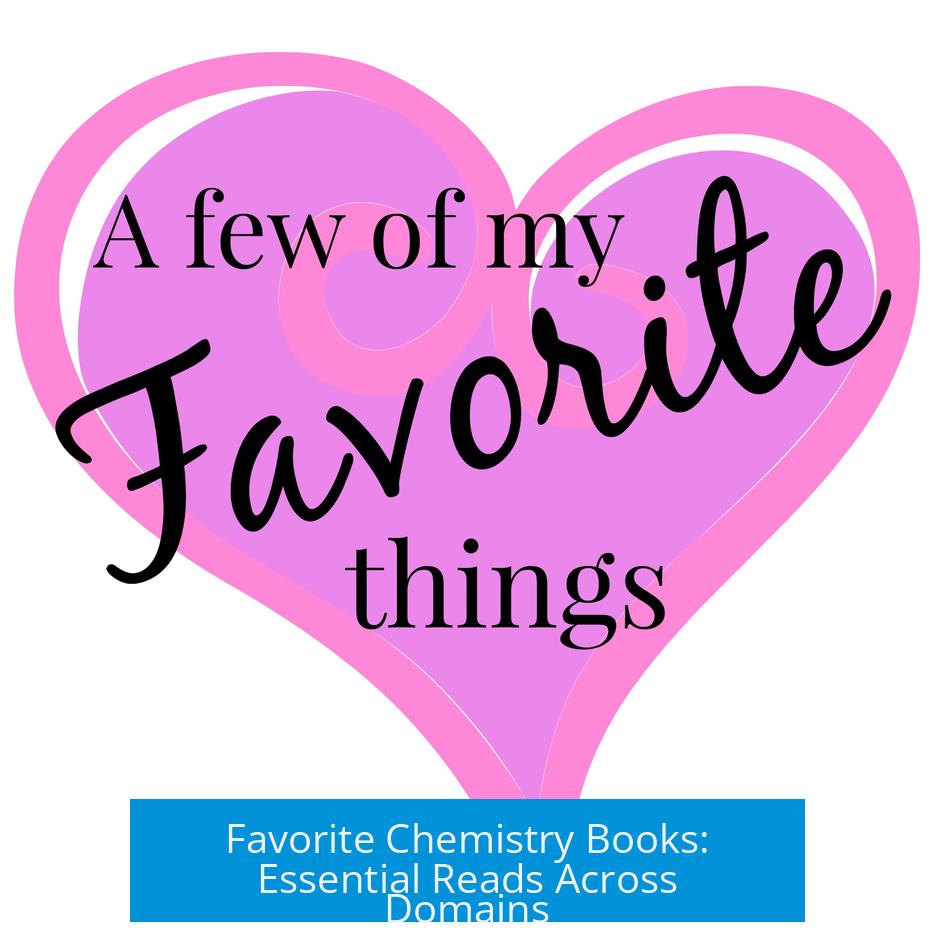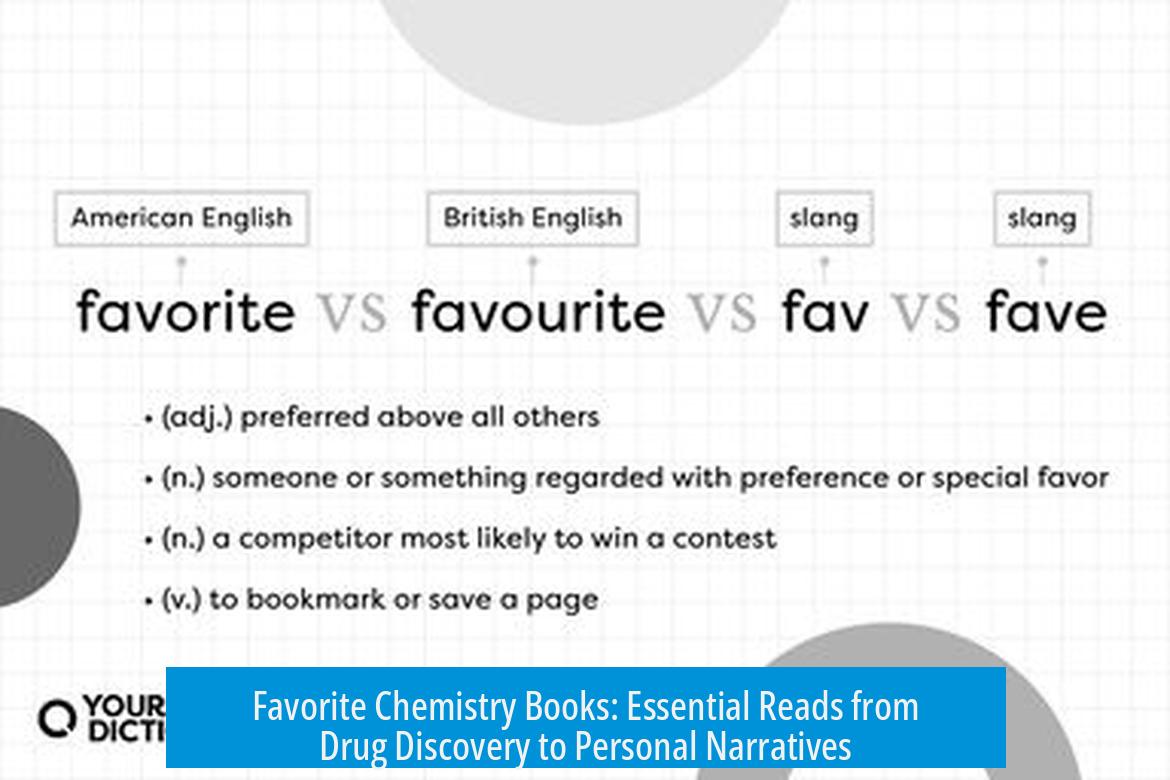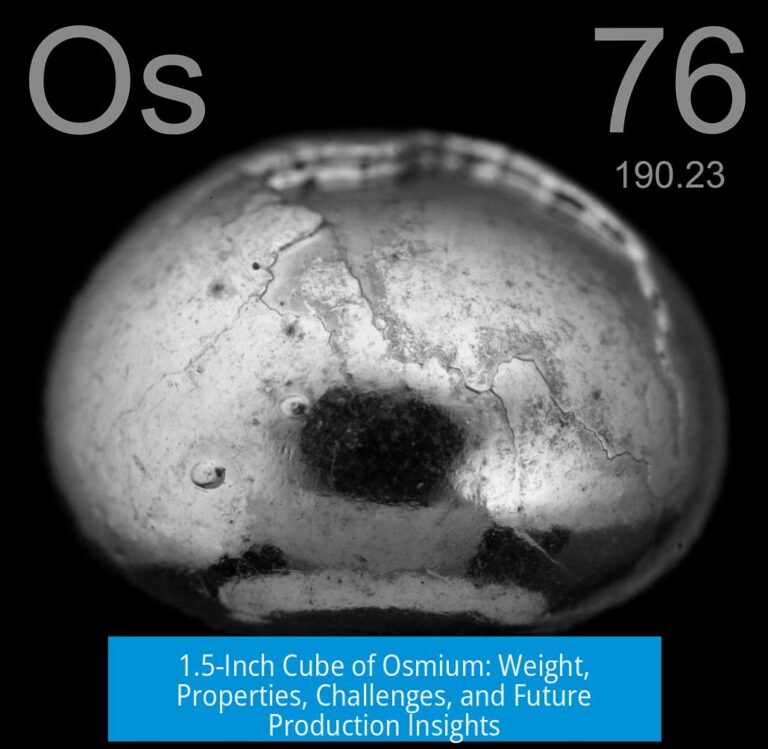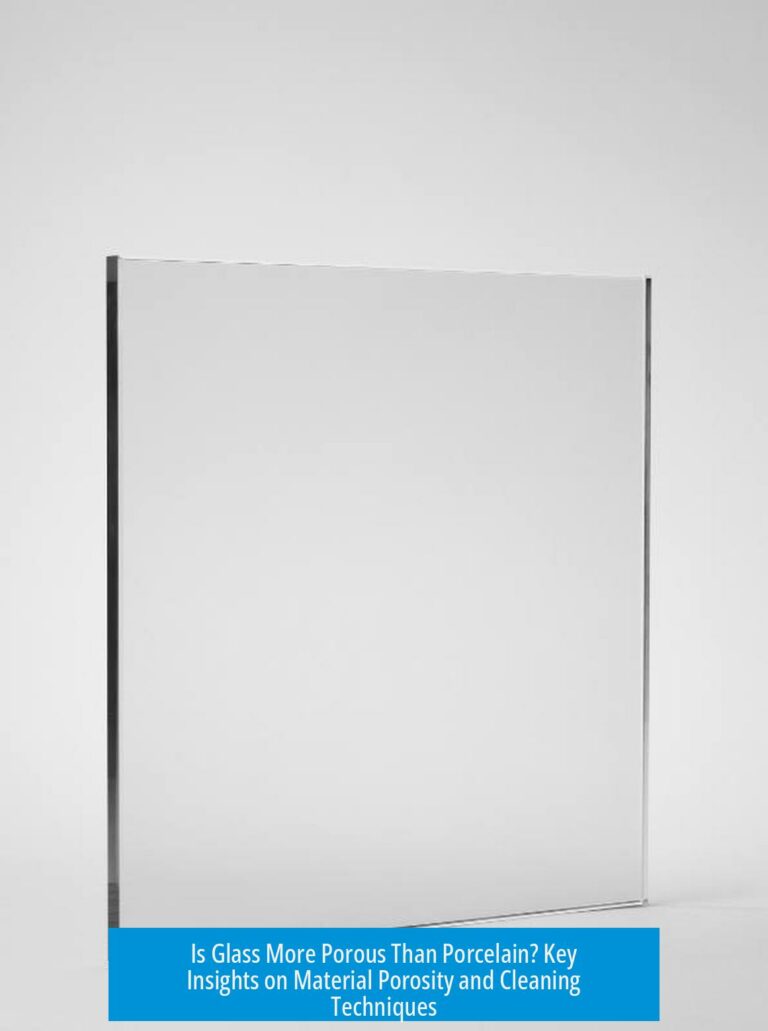Favorite Chemistry Books: Essential Reads Across Domains

Favorite chemistry books serve diverse interests, addressing neuroactive drug discovery, history, practical chemistry, societal impacts, and academic study. These books range from personal memoirs and historical accounts to detailed textbooks and explorations of chemicals in daily life.
Books on Neuroactive Drug Discovery and Psychedelic Chemistry
- PiKHAL: A Chemical Love Story by Alexander Shulgin A cornerstone in neuroactive chemistry, this book blends autobiographical elements with detailed synthetic routes. Shulgin’s bold style appeals to chemists and drug discovery researchers. It is known widely among psychoactive drug circles.
- PiHKAL Another Shulgin work focusing on psychedelic phenethylamines, merging science with personal narrative.
- Psychedelic Chemistry Covers chemical routes and mechanisms involved in psychoactive substances.
Personal and Historical Chemistry Narratives
- Uncle Tungsten by Oliver Sacks A memoir centered on chemistry’s formative impact on a young mind. It blends personal history with chemical fascination.
- The Periodic Table by Primo Levi Combines autobiographical stories with elemental themes. Levi’s survival during WWII intertwined with chemistry creates a profound read favored by students.
- The Making of the Atomic Bomb by Richard Rhodes Traces the historical development of nuclear chemistry and weaponry.
- Creations of Fire by Cathy Cobb and Harold Goldwhite Explores the history of chemical theories, including phlogiston.
- The Sordid Tale of Murder, Fire, and Phosphorus Investigates phosphorus-related chemistry with a historical twist.
Chemistry in Society and Biographical Contexts
- The Poisoner’s Handbook by Deborah Blum Examines forensic chemistry in early 20th-century New York.
- The Radium Girls by Kate Moore A true account of radium poisoning from workplace exposure.
- Pandora’s Lab by Paul Offit Chronicles history and impact of chemical weapons.
- The Drug Hunters by Donald Kirsch Focuses on pharmaceutical discovery processes.
- Our Stolen Future by Theo Colborn Discusses environmental chemicals affecting health.
- Pick Your Poison by Monona Rossol Looks into occupational hazards in chemical industries.
Books Explaining Chemistry in Everyday Materials and Science
- Stuff Matters by Mark Miodownik A popular science exploration of materials like glass, steel, and chocolate, explaining structure-function relationships.
- Ingredients by George Zaidan Breaks down common substances found in daily life.
- The Disappearing Spoon by Sam Kean Tells quirky stories behind elements and the periodic table.
- Napoleon’s Buttons Discusses molecules that shaped history, politics, and culture.
- Elements by Theodore Gray Visually rich book about chemical elements and their properties.
- John Emsley’s works cover sustainable chemistry and the chemistry of everyday life.
- Slow Death by Rubber Duck Examines chemical toxins in common household products, including personal testing.
- The 4th Phase of Water Covers novel insights into water’s properties beyond classical states.
Academic Textbooks and Resources
- Modern Physical Organic Chemistry by Anslyn and Dougherty Widely regarded as an excellent organic chemistry resource with clear explanations.
- Organic Chemistry as a Second Language Simplifies complex concepts for students.
- Wade’s Organic Chemistry A standard organic chemistry textbook used globally.
- Morrison and Boyd (6th edition) An out-of-print but cherished classic for organic chemistry learners.
- Clayden’s Organic Chemistry and Atkins’ Physical Chemistry Both offer detailed, advanced coverage of their respective fields.
- Oxford Chemistry Primers Concise introductions to specific chemistry topics for quick refreshers.
Chemistry and Poison / True Crime
- A Taste For Poison by Neil Bradbury Bridges history, biology, and chemistry of poisons, narrated with respect for victims and occasional humor.
Miscellaneous and Interdisciplinary Interests
- Project Hail Mary by Andy Weir Though primarily astrophysics and biology, it subtly includes chemistry elements.
- Lessons in Chemistry A novel and HBO adaptation exploring the life of a female chemist.
- Emperor of Scent Explores controversial theories on olfaction.
- Richard Feynman’s Autobiography Offers insights touching on chemistry through a physicist’s perspective.
- Symmetry through the Eyes of a Chemist Explains chemistry’s connection to symmetry and aesthetics.
Popular Requests and Related Media
- Interest exists in Humphrey Davy’s writings including lab notes and biographies reflecting his chemical discoveries.
- James Burke’s Connections TV program, although not a book, is highly recommended for understanding scientific interconnections.
Key Takeaways
- PiKHAL and PiHKAL represent critical works on neuroactive compounds.
- Memoirs like Uncle Tungsten and The Periodic Table link chemistry with human stories.
- Books such as Stuff Matters and Napoleon’s Buttons reveal chemistry in everyday materials.
- Academic texts from Anslyn, Dougherty, and Morrison & Boyd remain foundational for students.
- Chemistry intersects with history, society, and true crime in titles like The Poisoner’s Handbook and A Taste For Poison.
What are some essential books for neuroactive drug chemistry?
PiKHAL: A Chemical Love Story by Shulgin is highly recommended. It has a mix of personal story and chemical synthesis. “Psychedelic Chemistry” is also notable.
Which personal or historical chemistry books give unique insights?
Uncle Tungsten by Oliver Sacks shares his early chemical experiences. Primo Levi’s The Periodic Table blends autobiography and chemistry in a unique way. The Making of the Atomic Bomb covers the historical impact of chemistry.
Are there good books linking chemistry with society and biography?
The Poisoner’s Handbook by Deborah Blum is a great blend of chemistry and history. The Radium Girls and Pandora’s Lab explore chemical impacts on society. These works mix biography, culture, and chemistry.
What are recommended reads about everyday chemistry and materials?
Stuff Matters by Mark Miodownik explains the chemistry behind common materials like glass and steel. Napoleon’s Buttons gives insight into molecules affecting history. John Emsley’s books discuss sustainable chemistry relevant today.
Which textbooks are best for deep academic chemistry learning?
Modern Physical Organic Chemistry by Anslyn and Dougherty is regarded as excellent. Morrison and Boyd 6th edition remains a classic for organic chemistry, though it is out of print. Oxford Chemistry Primers offer useful topic overviews.





Leave a Comment